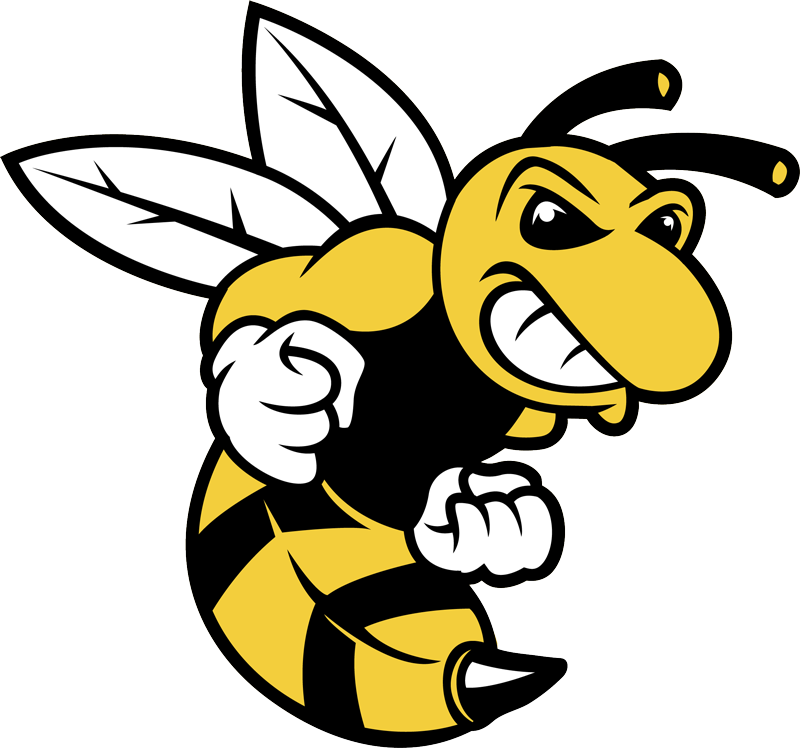River Trail School of Agricultural Science makes Milwaukee Public Schools history as the district’s only agricultural-science elementary school.
Together, River Trail and Vincent High School of Agricultural Sciences are one of the only public, urban K-12 agriculture programs in the nation.
“Students are the organized force of our school,” says River Trail Principal R. Swan. “By the time they graduate from River Trail, they perform at or above grade level in many subjects, and live and breathe our vision statement. This community truly is a place where lifelong learners grow and go on to great things.”
Vision Statement
River Trail School will create a learner focused mosaic of academics and arts. We will encompass community service, agriculture, and blended learning through technology and in-person instruction to provide equity for all students.
We will establish strong community partnerships that foster diversity and respect, encouraging students to become lifelong learners with strong character, steadfast in growing towards their full potential.
About Our Campus
The River Trail campus is a unique combination of K-8 school and urban organic farm.
Our open-concept school building features murals, movable walls, and common areas for flexible teaching, project-based learning, and to welcome family members to special events and student performances.
Our campus is a green and growing learning laboratory. Teachers guide students through standards-based lessons about agriculture, food, natural resources, and other topics. Students apply new knowledge and skills in hands-on projects that span the campus and curriculum.
About Our Community
Seventh and eighth graders are the River Trail executive team, planning and promoting the annual Harvest Fest, partnering with local grocers to sell our produce, managing the agribusiness budget, and mentoring younger students.
Bird Room
Home to chickens, geese, and rabbits.
Compost Program
Sixth graders maintain the school’s compost supply, producing around 20 yards of organic compost yearly from lunch-room leftovers.
Food Forest
Fifth graders learn about stormwater management, green infrastructure, and agribusiness as they harvest 110 Asian pear, chestnut, and hazelnut trees planted across two acres in fall 2023.
The Beehive
Special education teachers combine standards-based lessons with motor-skill and life-skill development as students prepare recipes and welcome patrons to The Beehive. Open twice a month, this cafe serves food made with River Trail produce.
Hoop Houses
Two 800 square-foot outdoor greenhouses are home to fruit, herb, and vegetable crops for making salsas, soups, and pastries.
Hydroponics
Second graders maintain seven indoor hydroponic growing machines.
Indoor Greenhouse
One per academic unit.
Outdoor Classroom
Home to Agriculture Friday lessons and arts performances.
Pollinator Garden
K4 students learn colors and cause-and-effect by observing bees, butterflies, hummingbirds, and insects in this raised-bed garden.
Pumpkin Patch
Fourth graders learn math, soil health, and Indigenous histories as they practice companion planting and harvest pumpkins.
Vegetable Garden
K5 students tend corn, peppers, tomatoes, and more.
